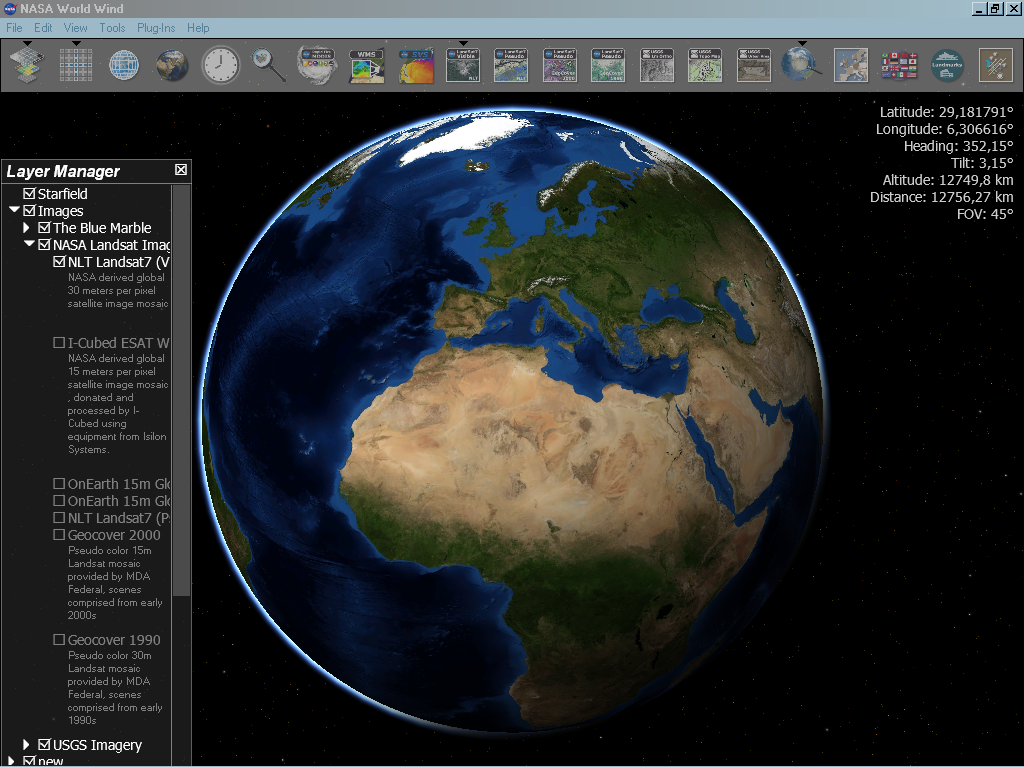

I am very generous at giving people access to the repository, so just ask. This includes documentation, using it, feedback, blogging about it, helping out on the web site, code, etc. But you are welcome to help out in any way you can. There are still a lot of missing features in this software. Then you can just drag and drop the foaf file icon into the first column of the address book, and follow the distributed social network by pressing the space bar to get foaf files. ( note: no longer works for same reason as previous note above)

If you want to try the code out on different virtual machines then instead of
#Javafx version of nasa world wind how to
You will need to build using Netbeans 6.1 until I find out how to fix this JavaWebStart build problem. Note: the ant run no longer works from the command line since adding Nasa World Wind. ( You need Java 6 for this to work ) If not please let me know what browser/os/java combination you were using.ĭownload, build and run the Address Book by typing the following commands (leave the password to the svn checkout blank). Clicking that link should start Java Web Start. And finally if you are new to the Semantic Web see this list of getting started with rdf resources.ĭownload the latest version (26 August 2008). For a list of blog posts on the subject see the addressbook tagged feed.
#Javafx version of nasa world wind full
RDF is very flexible.įor a full explanation and demo of the Address Book see the full audio enhanced JavaOne 2008 presentation. You can even publish any information you want. You can link to anyone wherever their server is and anyone can link to you. You could even put it on your home server linked to the internet. You can own your web server/domain name or rent it from some trustworthy provider that allows you to publish anything you want. With foaf you no longer need to worry about being kicked off your Social Network. It is also a foaf editor, which you can use to publish your foaf files to an ftp/scp server. It is a specialised Semantic Web browser that follows foaf documents around the web, building a distributed open social network. The hyperdata Address Book project being developed here is meant to be the equivalent for foaf that BlogReaders are for RSS.


 0 kommentar(er)
0 kommentar(er)
